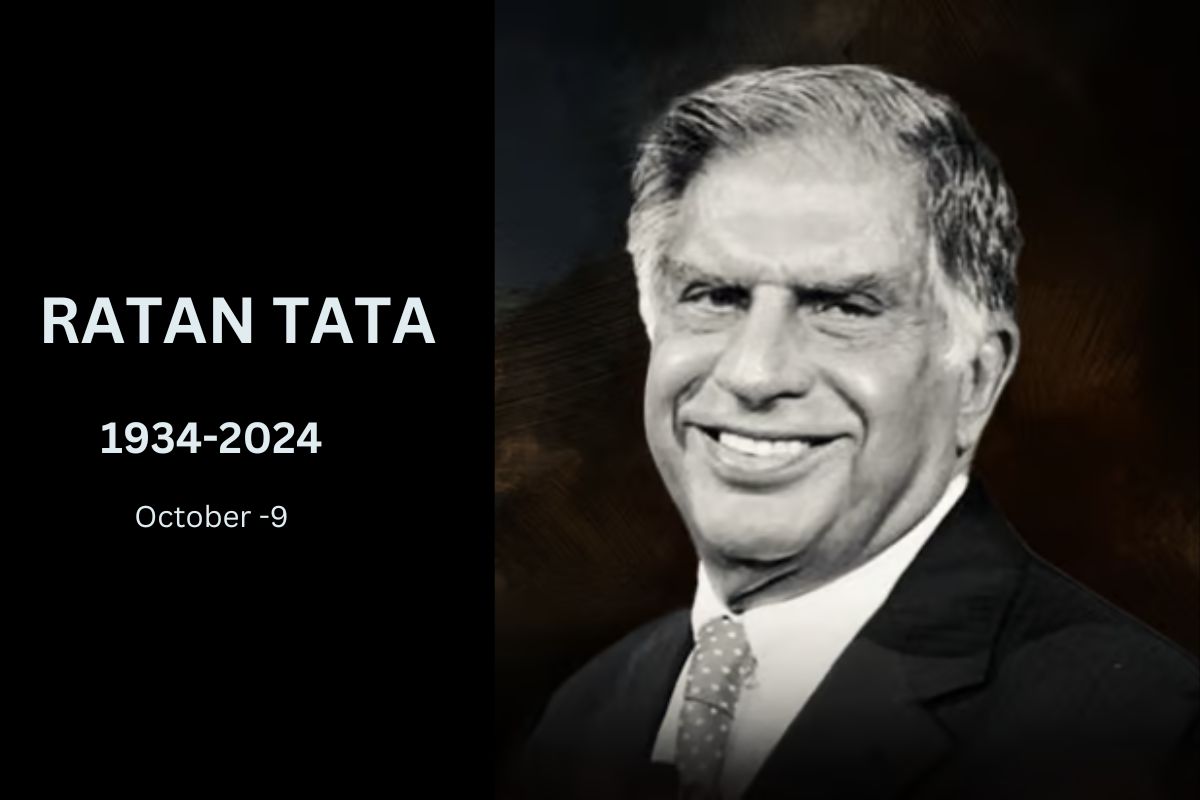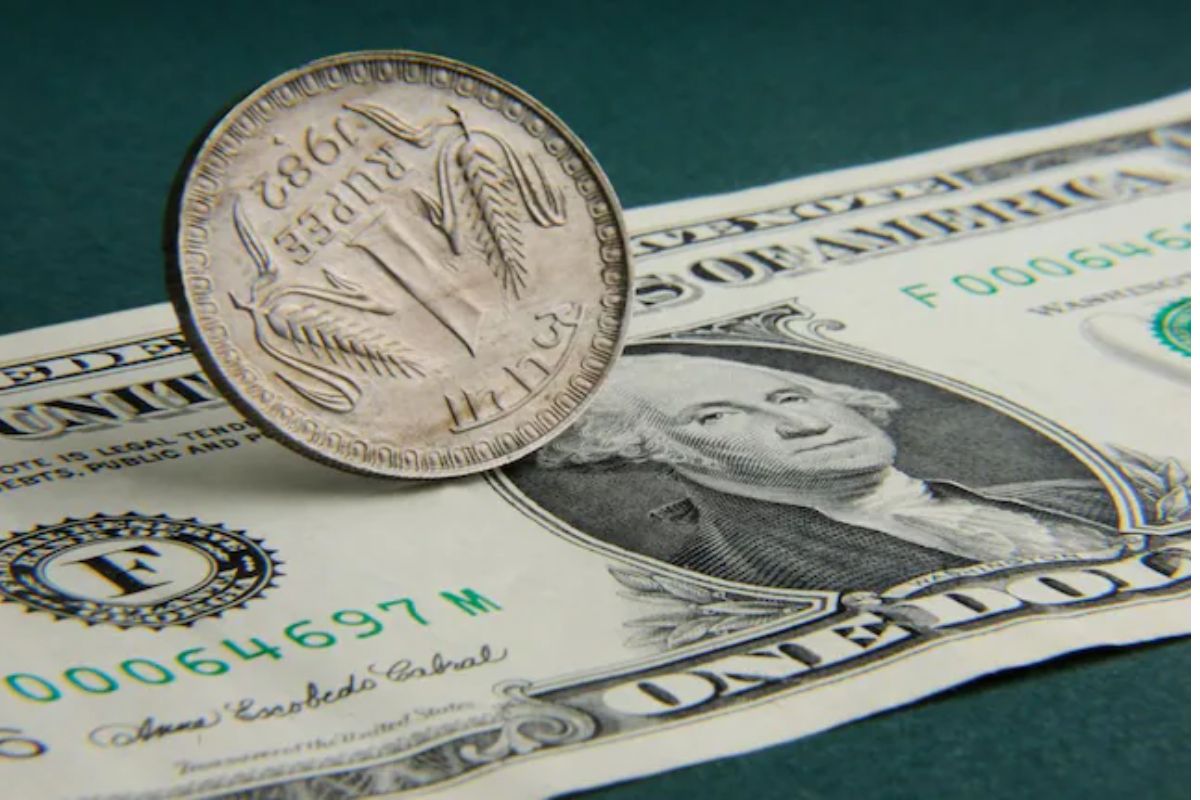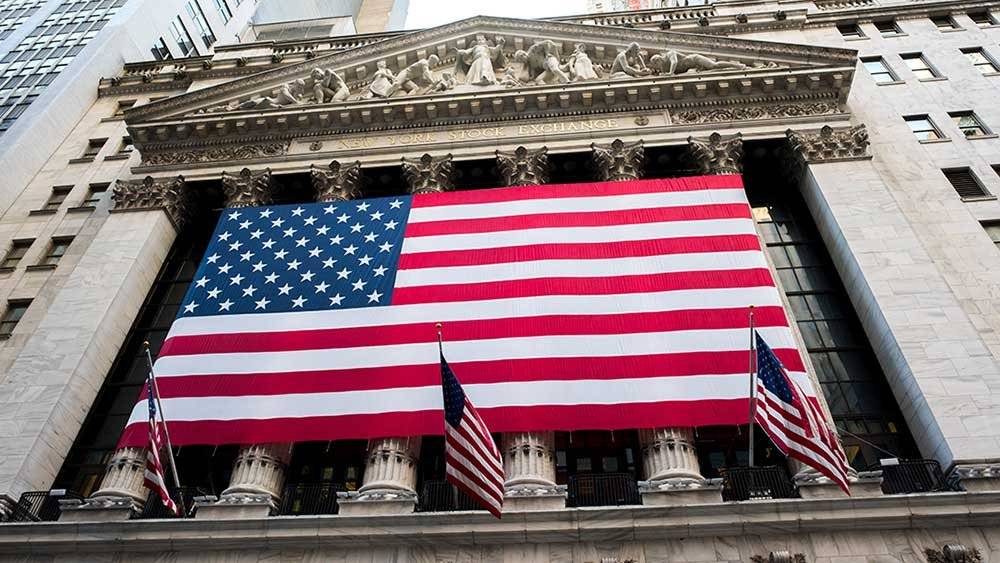Industrialist Ratan Tata, the former Tata business chairman who transformed a staid business into India’s largest and most prominent conglomerate with a run of eye-catching mergers, died on Wednesday night at the age of 86.
The Cornell graduate who brought the massive corporation to the global scene has been undergoing urgent care treatment at a Mumbai hospital.
Tata, the conglomerate’s chairman for more than 20 years, was in intensive care at a Mumbai hospital early on Wednesday, according to two sources familiar with his medical situation.
“It is with a profound sense of loss that we bid farewell to Mr Ratan Naval Tata, a truly uncommon leader whose immeasurable contributions have shaped not only the Tata Group but also the very fabric of our nation,” the business tweeted.
Ratan Tata “was a visionary business leader, a compassionate soul, and an extraordinary human being,” Indian Prime Minister Narendra Modi wrote on the social networking platform X, which was previously Twitter. “I’m extremely saddened by his death. In this sad hour, my thoughts are with his family, friends, and admirers.
After earning a degree in architecture from Cornell University, he went to India in 1962 and began working for the organization that his great-grandfather had founded over a century before.
He worked at various Tata enterprises, including Telco (now Tata Motors) and Tata Steel, before making his mark by wiping losses and growing market share at the group unit National Radio & Electronics Company.
When his uncle J.R.D. Tata stepped down in 1991, he took over as chairman of the company, just as India was embarking on sweeping reforms that opened up its economy to the world and ushered in an era of rapid growth.
One of Ratan Tata’s first measures was to limit the power of some Tata Group executives by instituting retirement ages, promoting younger people to top positions, and increasing company control.
In 1996, he launched Tata Teleservices, and in 2004, he went public with Tata Consultancy Services, the group’s moneymaker.
However, in order to grow properly, the organization decided to go outside Indian shores.
It was the quest for growth and change. the ground rules to say that we could grow by acquisitions which earlier we had never done”, he said in an interview with the Stanford Graduate School of Business in 2013.
His favorite projects at Tata Motors included the Indica, the first car model designed and constructed in India, and the Nano, which was advertised as the world’s cheapest vehicle. He provided initial designs for both models.
The Indica achieved commercial success. The Nano, priced at just 100,000 rupees (about US$1,200) and the conclusion of Ratan Tata’s aim of producing an affordable automobile for India’s masses, was hampered by early safety difficulties and poor marketing. It was phased out a decade after its inception.
Ratan Tata, a certified pilot who occasionally flew the business jet, never married and was noted for his calm demeanour, modest lifestyle, and philanthropic efforts.
About two-thirds of share capital of Tata Sons, the group’s holding company, is held by philanthropic trusts.
His tenure at Tata was not without controversy, most notably a bitter public conflict after the corporation fired Cyrus Mistry, a scion of the billionaire Shapoorji Pallonji clan, as chairman of Tata Sons in 2016.
The Tata organization said Mistry had failed to turn around underperforming businesses, while Mistry accused Ratan Tata, the conglomerate’s chairman emeritus, of interfering and establishing a rival power center within the organization.
Ratan Tata emerged as a significant investor in Indian start-ups after leaving the Tata Group, financing a slew of firms including digital payments firm Paytm, Ola Electric, a spinoff of ride hailing firm Ola, and home and beauty services provider Urban Company.
He got various accolades, including the Padma Vibhushan. India’s second highest civilian honour, in 2008 for exceptional and distinguished service in trade and industry.
Life Story Of Ratan Tata
- Tata Group Leadership: He was chairman of Tata Sons for more than 20 years, from 1991 to 2012, and temporarily returned as interim chairman in 2016.
- Global Expansion: Under Tata’s leadership, the Tata Group grew dramatically, operating in over 100 countries and generating $165 billion in revenue for the fiscal year ended March 2024.
- Notable purchases: He spearheaded the purchases of British steelmaker Corus in 2007 and luxury manufacturer Jaguar Land Rover in 2008.
- Educational Background: Tata studied architecture at Cornell University, graduating in 1962, after initially studying mechanical engineering at his father’s request.
- Philanthropy: Ratan Tata was famed for his philanthropic endeavours, and his death created a big leadership vacancy in the Tata Trusts, which control over 66% of Tata Sons.
- Childhood Challenge: Ratan Naval Tata, born in Mumbai on December 28, 1937, was raised by his grandmother when his parents, Naval and Sooni Tata, divorced when he was ten.
His father was adopted into the main Tata family at the age of 13 by the daughter-in-law of Jamsetji Tata, the Tata Group’s founder.
Death leaves a big leadership vacancy in the Tata Trusts, who own around 66% of Tata Sons. - Pioneering Innovations: Under Ratan Tata, the group launched India’s first superapp, Tata Neu. The corporation has expanded into a huge international enterprise with a software and sports vehicle portfolio.
- Significant Crises: The Tata Group experienced a huge crisis during the 2008 Mumbai terrorist attacks, which attacked the Taj Mahal Palace hotel, the group’s flagship property.
- Final Business Battle: One of his final important accomplishments was the successful reacquisition of Air India in 2021, bringing it back to the Tata Group over 90 years after it was nationalised.
- Tata Trusts future: Tata never married and had no children. His death leaves a vacuum at the helm of the powerful Tata Trusts, a collective of charities. These philanthropic trusts own about 66% of Tata Sons, which in turn controls all the major listed Tata firms.
Companies owned By TATA
- Companies
Ratan Tata Biography
| Birth | 28 December 1937 |
| Age | 86 years |
| Education | Cornell UniversityHarvard Business School |
| Family | Naval Tata (Father)Sooni Commissariat (Mother) |
| Occupation | Former Chairperson of Tata Sons and Tata Group Philanthropist Investor |
| Title | Chairman Emeritus, Tata Sons and Tata Group |
| Predecessor | JRD Tata |
| Successor | Cornell University Business School |
| Awards | Padma Vibhushan (2008)Padma Bhushan (2000) |
| Net Worth | “I don’t believe in making the right decisions. I take decisions and then make them right.” “Power and wealth are not two of my main stakes.” |
| Famous Quotes | “I don’t believe in taking the right decisions. I take decisions and then make them right.” “Power and wealth are not two of my main stakes.” |
Read more
Supreme Court Denies Musk’s X Corp. Appeal in January 6 Case
Who is Pavel Durov? CEO of Telegram Under Arrest?
Who owns Tata now?
Tata Sons is the principal investment holding company and promoter of Tata Companies. 66% of the equity share capital of Tata Sons is held by philanthropic trusts, which support education, health, livelihood generation, and art and culture.
Who is the real owner of Tata?
The biggest two of these trusts are the Sir Dorabji Tata Trust and Sir Ratan Tata Trust. Tata Sons is the owner of the Tata name and the Tata trademarks, which are registered in India and several other countries. It is one of the largest conglomerates in the Indian subcontinent.
Who is the new CEO of Tata?
Tata Digital unveils leaner A-team under new CEO Naveen Tahilyani.
Is Ratan Tata married?
A licensed pilot who would occasionally fly the company plane, Ratan Tata never married and was known for his quiet demeanour, relatively modest lifestyle, and philanthropic work.
What is the reason for Ratan Tata’s death?
Tata Group’s chairman emeritus and veteran industrialist Ratan Tata died at a Mumbai hospital late on Wednesday night. Tata, who led the salt-to-software conglomerate to new heights, was 86. Besides Ambani, billionaire Gautam Adani as well as auto legend Anand Mahindra mourned Tata’s demise

Daisy Morgan is a dedicated business journalist known for her insightful coverage of global economic trends and corporate developments. With a career rooted in a passion for understanding the intricacies of the business world, Daisy brings a unique perspective to her writing, combining in-depth research with a knack for uncovering compelling stories. Her articles offer readers a comprehensive view of market dynamics, entrepreneurship, and innovation, aiming to inform and inspire professionals and enthusiasts alike.







